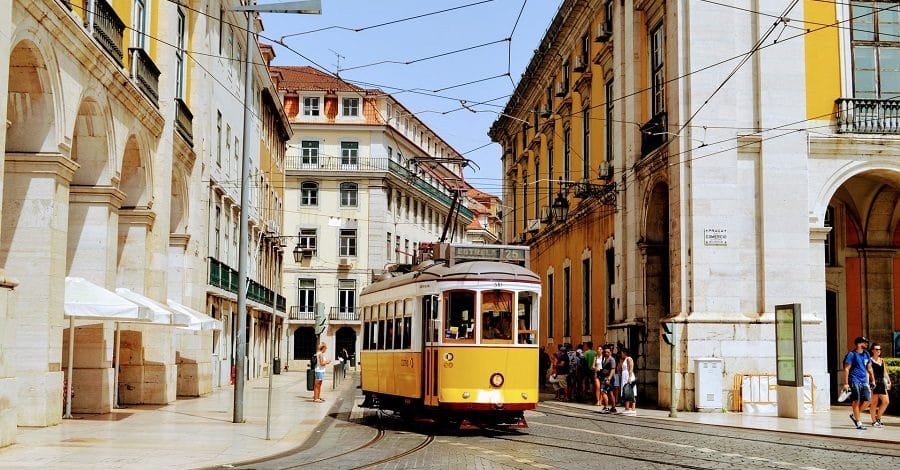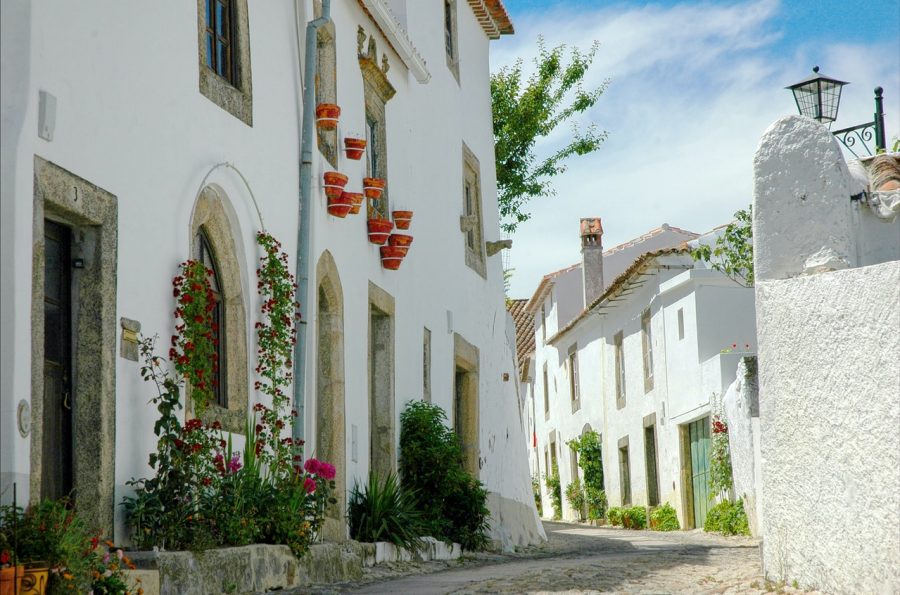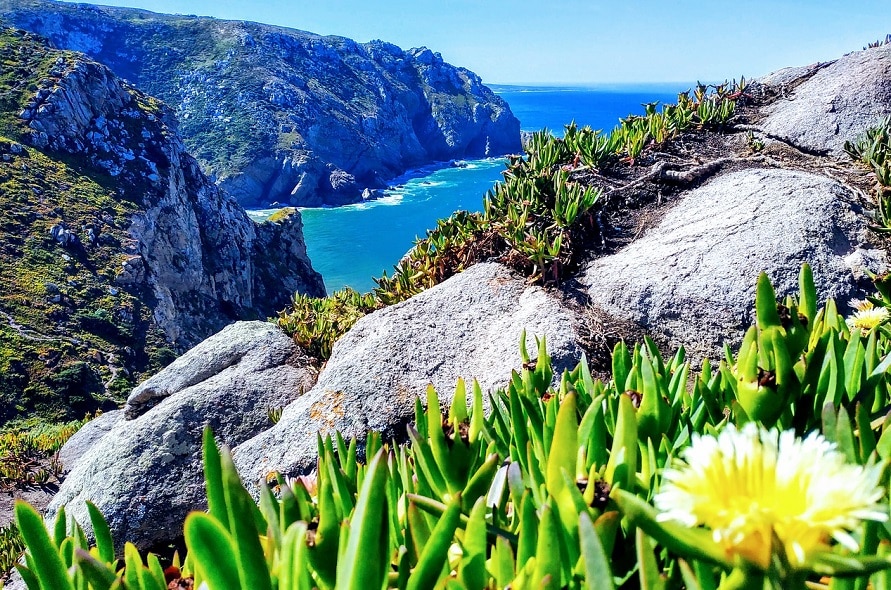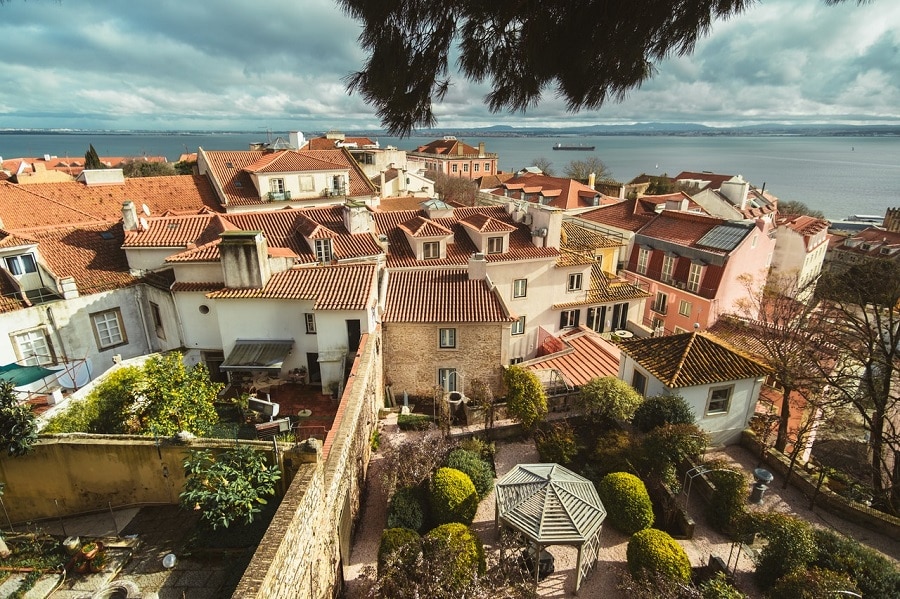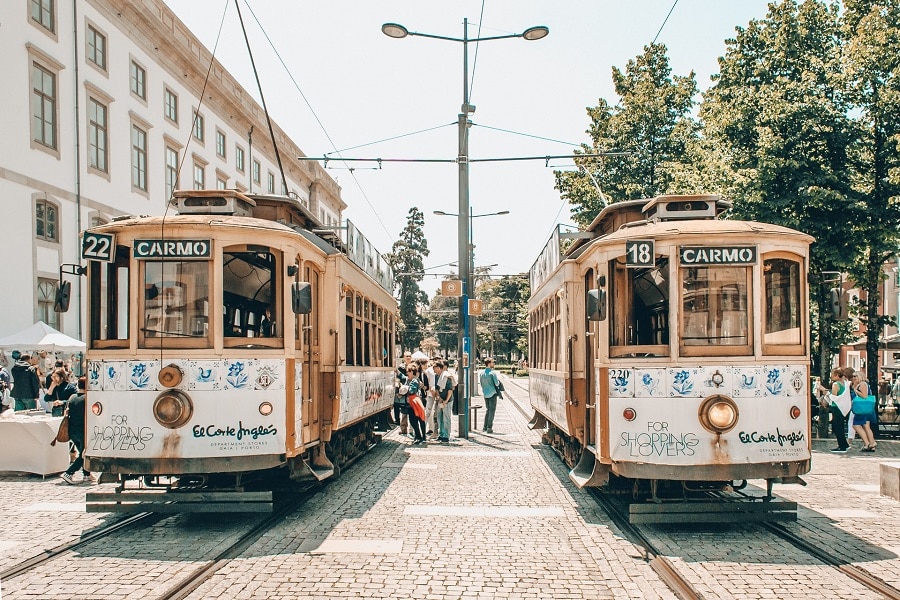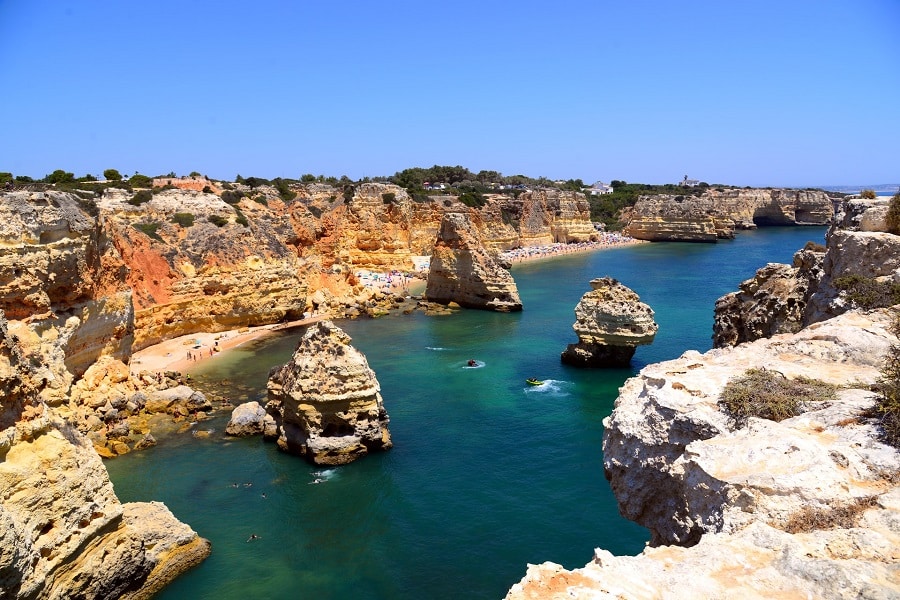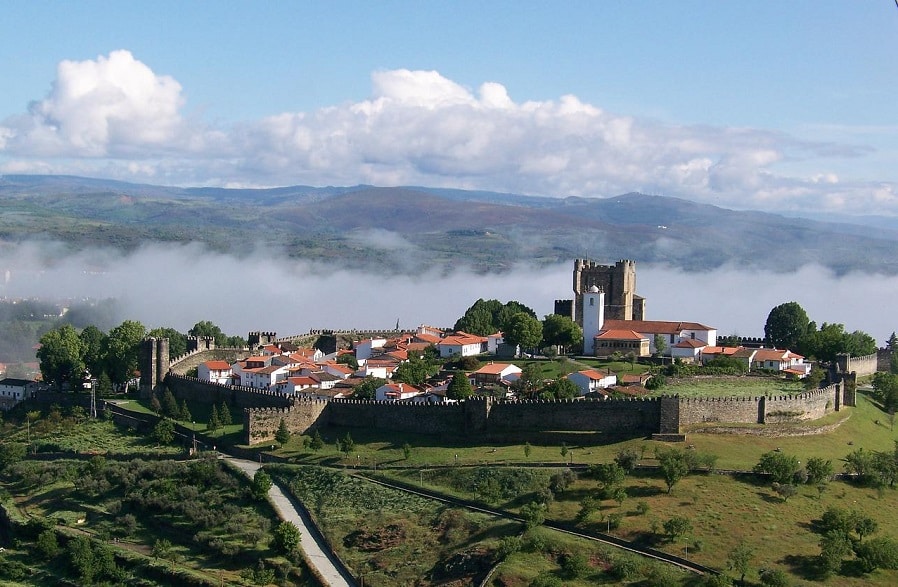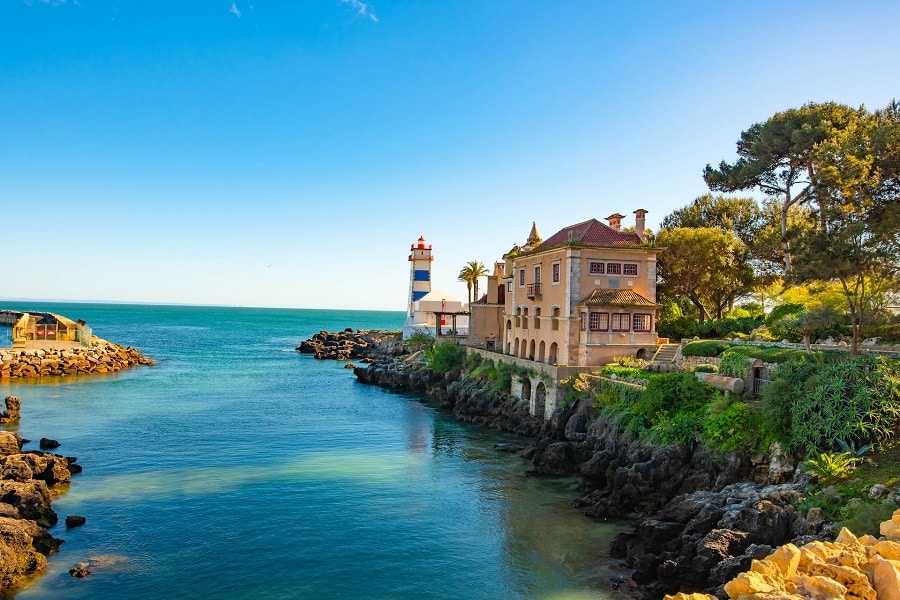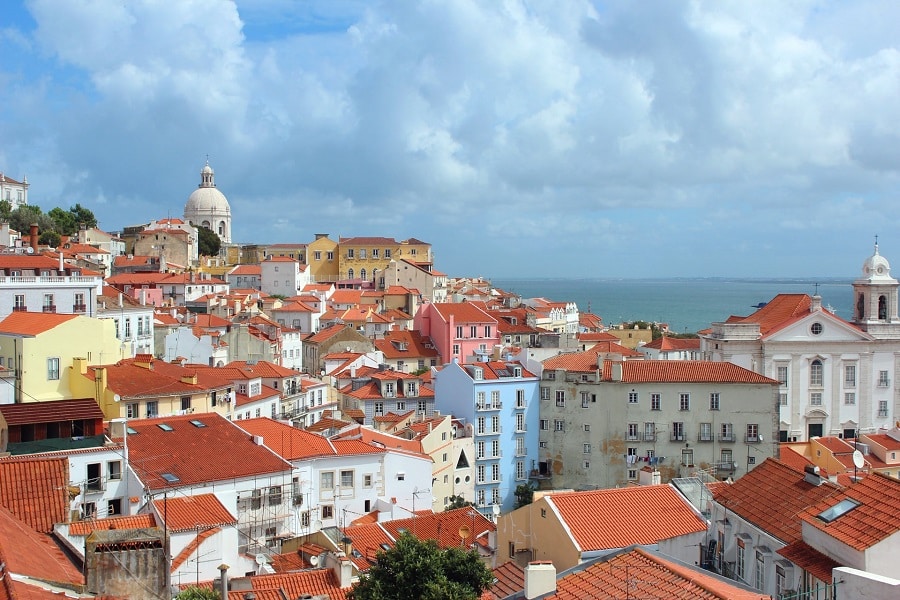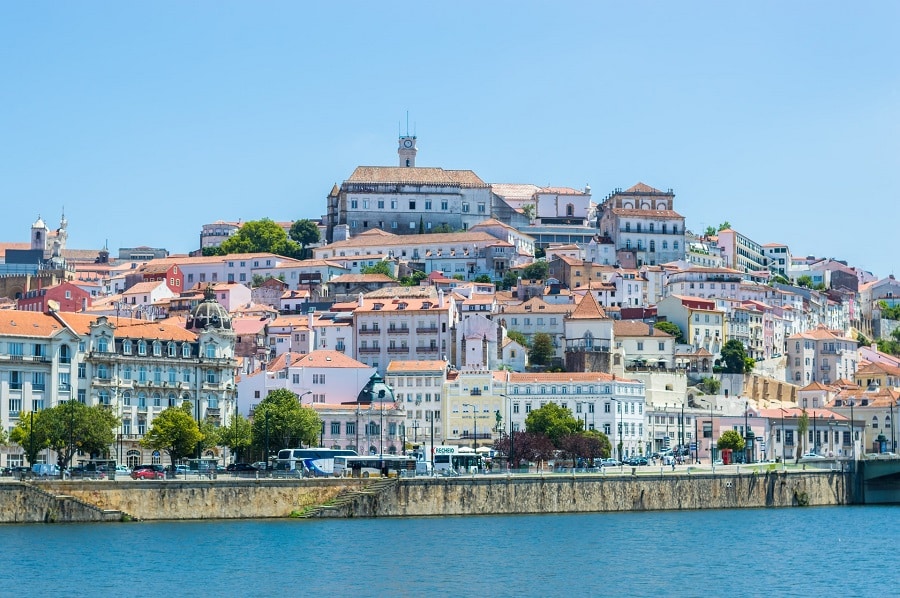Retiring in Portugal is a great way to fulfil your wish to see the world and experience a different culture after many years of working in the same town or city. Portugal has become one of the top choices for many retirees across the globe, thanks to its convenient location, natural beauty, California-like weather, friendly people and fun culture. In recent months, the Western European country has been increasingly preferred by Americans over other popular European destinations.
Before you decide to retire in Portugal, there are many different aspects to consider: do I qualify for a visa? which are the best areas for expats in Portugal? what are the pros and cons of living in Portugal as an American? We try to answer some of the most common questions about retiring in Portugal by looking at some of the most important points to consider, to help you make an informed choice.
Why Retire in Portugal
Every year, increasingly more people are choosing Portugal as their destination for retirement. With one of the lowest costs of living in Western Europe, excellent and affordable healthcare, incredible Mediterranean cuisine, stunning coastlines, charming towns and friendly people, Portugal is becoming ever more popular as foreigners around the world discover this gem of a country.
All about the Portugal retirement visa
Now that Portugal is on your radar as a retirement destination, you have to find out what visa you need to retire in Portugal as a non-European citizen. The two most popular options are the Golden visa and the D7 visa.
The main requirement of the Golden visa is a substantial financial investment. The investment ranges from $240,000 to $1,500,000. For a more affordable option, there is the D7 visa, also known as the Portugal retirement visa.
The D7 visa does not require any investment, but it does require proof of a minimum passive income of roughly $8,500 per year which can be obtained from rental income, dividends or even an online business. Getting a D7 visa is a relatively straightforward process; you can easily apply and be on your way to residency in months.
Read more about obtaining a visa, residency or citizenship in Portugal.
The upsides and downsides of retiring in Portugal
Portugal is an excellent country to live in, and there’s plenty of data to support the claim. But it’s important to get transparent about the upside as well as the downside of retiring in Portugal, especially as a foreign retiree. People from around the world experience life differently, and therefore, it’s essential to be aware of both the pros and cons before making a lifechanging move.
The pros for retiring in Portugal
- The weather is mostly wonderful
The Portuguese sun does not disappoint. Compared to many other European countries, Portugal’s climate year round barely goes any lower than 50°F no matter the season.
- The cost of living is surprisingly low
The cost of living is a major attraction for people looking for the bonuses of living in a developed European country. And the standard of living is impressive compared to how inexpensive Portugal is. According to Numbeo, prices in Portugal are around 32% lower than in the United States.
- Top-of-the-line, affordable healthcare
Healthcare in Europe is considered the best in the world while also being affordable for everyone, including retirees, and Portugal is no different. The Sistema Nacional de Saúde (SNS) is the health care system in Portugal that includes both public and private hospitals, clinics and doctors, it is mostly free or very inexpensive, it is most commonly used and it functions very well. Worrying about health expenses, as many people do in the U.S., is unheard of in Portugal.
Read more about the Portuguese healthcare system.
- The safety and hospitality
It’s important to ensure that the country you choose to move to is safe. Fortunately, according to the Global Peace Index, Portugal ranks in the top 10 safest countries in the world. Crime is very unlikely except for small or petty crimes in big cities. To add to this, everything feels more welcoming when interacting with the Portuguese people. They are very friendly and will go out of their way to help you.
- Affordable real estate
For many retirees, this is the main benefit of choosing to retire in Portugal from U.S., as housing costs represent an important part of your budget. The property prices in Portugal are very reasonable compared to most other countries in Western Europe as well as the U.S. The average sale price of houses is around $140 per square foot, according to Statistics Portugal (INE) compared to over $200 in the United States. However, Portugal’s growing popularity among foreign buyers is causing housing prices here to rise fast, having increased by 17% since last year. INE also reported that foreigners with the tax residence abroad are buying more expensive homes with an average price per square foot of $209, compared to locals who bought homes averaging $138 per square foot in 2022, spending about 5o% more. On the upside, appreciating home values means that the country is a good place to invest in real estate now, especially if you are planning to retire in Portugal at some point in the future.
The cons for retiring in Portugal
- The bureaucracy
You should know that most processes that involve dealing with public administration and government offices often take much longer to complete in Portugal, unlike in the United States. So, whether you’re purchasing property or applying for residency, you’re likely to encounter plenty of bureaucracy, because things are not always as straight-forward, efficient and well-organized as they are in the United States. This is rather common in Latin countries and it is seen by many as the biggest downside of retiring and living in Portugal.
- The language is difficult to learn
Many English speakers consider Portuguese to be harder than many other foreign languages. Portuguese is a melodic Latin language that bares some similarities with Spanish, so it is not impossible to learn, it just might take some effort. That being said, it doesn’t take long to learn enough Portuguese to help yourself in daily life. However, it often takes a long time to learn the Portuguese language at a proficient level where you would feel fully integrated. On the upside, there are plenty of job opportunities for English speakers in Portugal for those who want to work.
- Taxes
Portugal may not have the highest taxes in Europe, but it doesn’t have the lowest either. The taxes in Portugal, especially when combined with social security, are quite high. They can also be somewhat complicated, and hiring an accountant adds a cost that you must budget for.
- A high influx of tourists
Portugal is a very popular tourist destination, especially between June and August, when the number of tourists increases dramatically. For some, especially those living in popular Portuguese cities, this influx may be frustrating, as stores, restaurants and bars are more crowded and streets are more congested. To some extent, it’s like living in Florida during the winter months or spring break.
The best places to retire in Portugal
Deciding on where to move can take some serious research for those considering to retire in Portugal: you may find yourself with too many choices! Fortunately, this also means that there is a location for every taste, lifestyle and budget. Let’s look at some of the best places to retire in Portugal by analyzing the cost of living, cost of housing, the size of the city and the typical lifestyle.
1. Porto
- Population: 232,000
- The monthly cost of living without housing: $580 per person
- Average home price: $230 per square foot
Porto is a lively yet relaxed city, not too cheap and not too expensive, with a sizable expat community. It was traditionally a fishing town, situated along the Douro River. Porto is famous for its fortified wine, Port, which is produced here. The interesting architecture, lots of cultural events, and a very good public transportation system make Porto a great choice for expats. Here, you will find lower real estate prices than in Lisbon, but will also get all the perks of a larger city. This is why many foreign retirees find that Porto offers the best bang for the buck.
2. Faro
- Population: 46,000
- The monthly cost of living without housing: $565 per person
- Average home price: $195 per square foot
If your ideal retirement destination is a quiet but not sleepy small town, in close proximity to the beach, Faro is your place. Situated in the beautiful Algarve region, Faro is a little more touristic than some other cities, but also has more beaches, most of which are accessible on foot. It’s a very beautiful place to live and features stunning cathedrals, a safe pedestrianized shopping area and world-famous saltwater lagoons.
3. Braga
- Population: 144,000
- The monthly cost of living without housing: $520 per person
- Average home price: $120 per square foot
If you’re looking for an affordable location with a great quality of life, Braga is a wonderful choice. The city is located in the far North of Portugal, in the district baring the same name. Like many cities in the country, Braga’s history was influenced by the occupation of the Romans, and the city’s architecture vividly recalls those ancient days. It is considered the oldest city in Portugal, but has a youthful influence with the University of Minho situated here.
4. Cascais
- Population: 214,000
- The monthly cost of living without housing: $625 per person
- Average home prices: $300 per square foot
Many expats describe Cascais as the more beautiful, more affordable and more laid back alternative to Lisbon, located just a half an hour away from the capital city. Cascais is a picturesque beach town on the Atlantic coast, with a lively nightlife and lots of culture and outdoor activities during the day.
5. Lisbon
- Population: 545,000
- The monthly cost of living without housing: $625 per person
- Average home prices: $350 per square foot
Although it is the most expensive city in Portugal, Lisbon is year after year the top choice for retirement and living abroad in Portugal. The capital city, Lisbon or Lisboa as the locals call it, is in many ways seen as the beating heart of the country. This culture-rich city welcomes pensioners from around the world, so you’ll be in great company if you choose to move to Lisbon. It hosts a thriving expat community of all ages and offers plenty to see and experience for those seeking a lively retirement, with lots of activities and cultural events.
6. Coimbra
- Population: 143,000
- The monthly cost of living without housing: $515 per person
- Average home prices: $150 per square foot
Coimbra is another affordable place for retiring in Portugal, located just two hours north of Lisbon is Portugal’s former capital, Coimbra. It is home to one of the oldest operating universities in Europe, which gives it a youthful vibe and a solid academic and cultural character. Coimbra is a busy city, yet it has the laidback undertone that Portugal is popular for.
Just like all other countries, Portugal is not perfect, but if you’re planning on retiring in a well-developed country with beautiful beaches, great weather, high quality of life and inexpensive living, Portugal is nothing less than a dream. Just set realistic expectations from the start. And remember, that doing proper research before making a decision always makes your big move easier.
Methodology:
Sources of data:
- Population: Wikipedia.org
- The monthly cost of living without housing: Numbeo.com
- Average home prices per square foot: Statistics Portugal (INE)
Home prices reported for Q1 2022 for the listed municipalities. Prices were converted from euro to U.S. dollars using a parity of 1 euro = 1 U.S. dollar. Prices per square meter were converted in prices per square foot. Some numbers may be rounded.

